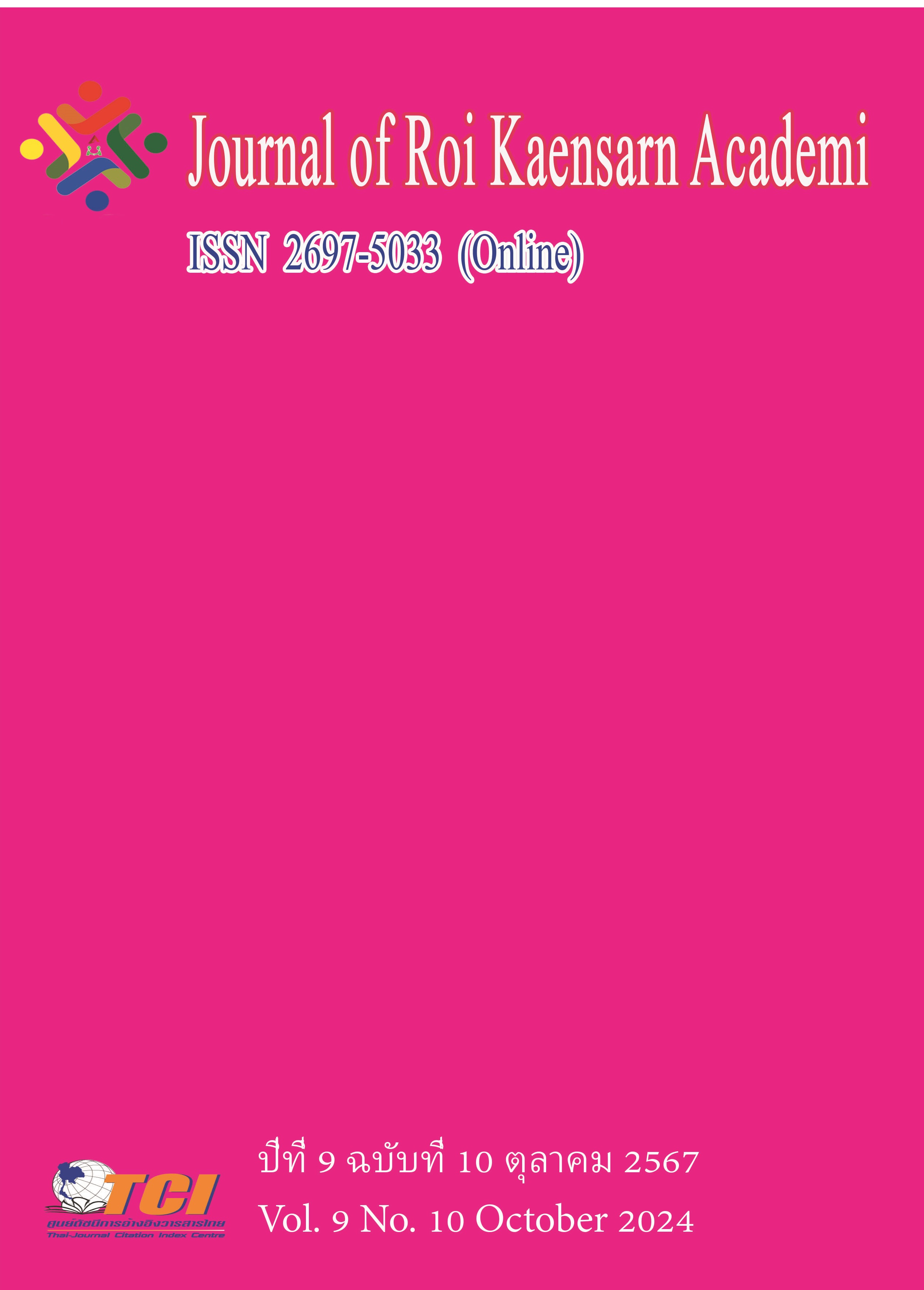The Administrative Factors Model for Administrators of Kindergarten Schools in Guangzhou City Guangdong Province
Main Article Content
บทคัดย่อ
The objectives of this research were: 1) to examine the components of administrative for administrators of kindergarten schools in Guangzhou city, Guangdong province 2) to develop administrative factors model for administrators of Kindergarten schools in Guangzhou city, Guangdong province.
The research was a mixed methodology including quantitative research and qualitative research. Population were 303 teachers from 4 kindergarten schools in Guangzhou city, Guangdong Province. The sample size was determined using Krejcie and Morgan’s table, obtained by proportional stratified random sampling method, totally 169 teachers. Key informants were 8 administrators from 4 kindergarten schools in Guangzhou city, using purposive sampling method. The research instruments used for data collecting were data record sheets, semi-structure interview form and the 5-points rating scale questionnaire, which had been quality checked. The statistics used for data analysis were descriptive statistics ((frequency, percentage, mean, standard deviation), content analysis and confirmatory factor analysis (CFA).
The research results showed: (1) The administrative factors for administrators of kindergarten schools in Guangzhofou city, Guangdong Province consisted of 3 components; Leadership and Vision, Curriculum and Instructional Management, and Human Resource Management (2) Administrative factors model for administrators of kindergarten schools in Guangzhofou city, Guangdong Province fitted well with empirical data.
Article Details
เอกสารอ้างอิง
Cobbold, C., & Boateng, P. (2016). How Confident Are Kindergarten Teachers in Their Ability to Keep Order in the Classroom? A Study of Teacher Efficacy in Classroom Management. Journal of Education and Practice, 7 (36), 181-190.
Harris, A., & Muijs, D. (2004). Improving schools through teacher leadership.
Liu, L., Yang, C., & Huang, D. (2021). How Do Empowered Leaders Influence the Job
The State Council. (2019). China's education modernisation plan towards 2035., The CCPC and State Council Publishes ‘China's Education Modernisation 2035 Plan., The State Council, People's Republic of China. Retired from www.gov.cn/xinwen/2019-02/23/content_5367987.htm
Xia, J., Wang, M., & Zhang, S. (2022). School culture and teacher job satisfaction in early childhood education in China: the mediating role of teaching autonomy. Asia Pacific Education Review, 1-11.
Yang, W., & Lim, S. (2020). Toward distributed pedagogical leadership for quality impro vement: Evidence from a childcare centre in Singapore. Educational Management Administration & Leadership, 174114322097576. https://doi.org/10.1177/17411 43220975768
Yiming Zhu (2019). New National Initiatives of Modernizing Education in China. ECNU Review of Education.2019. 2 (3) 353–362
Zhou, Y., Jiang, Y., Zheng, C., & Li, H. (2020). Is puhui kindergarten a panacea for the ‘3A’ problems of early childhood education in China? Evidence from a national validation study. Children and Youth Services Review, 119, 105702. https://doi.org/https://doi. org/10.1016/j.childyouth.2020.105702

